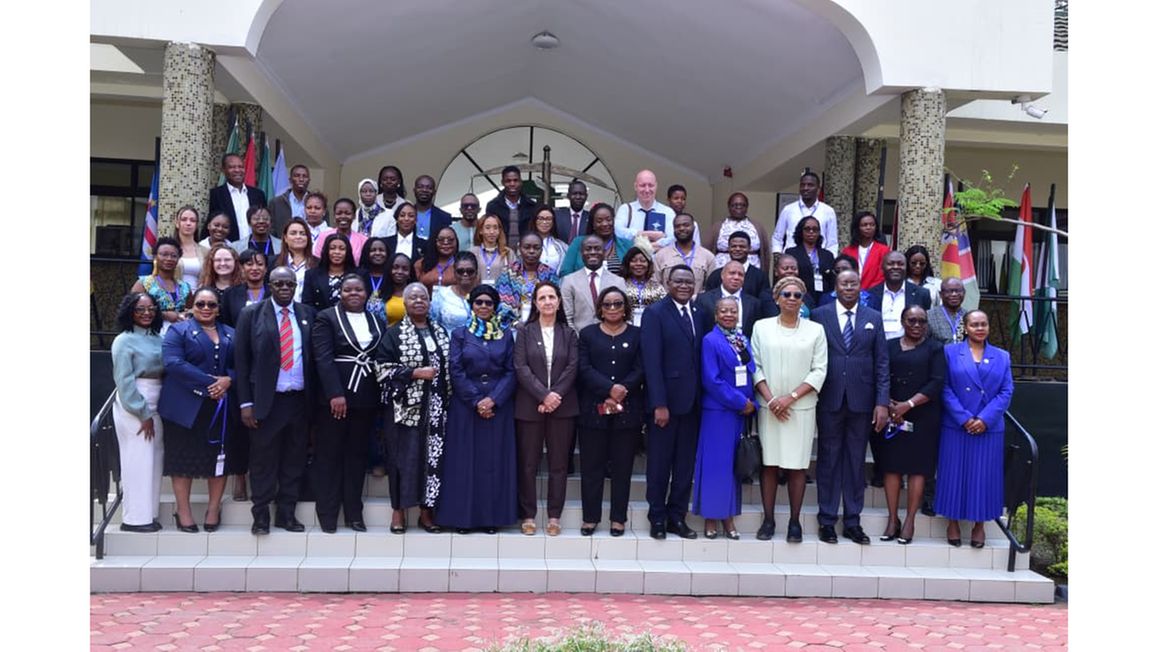
Arusha. The African Court on Human and People’s Rights (AfCHPR) ushers in 2022 with an eye on how to recover from recent setbacks.
The Arusha-based judicial organ of the African Union (AU) intends to sustain its drive that will increase signatories to its protocols.
The drive, though, is not expected to be a walk in the park given that six African countries recently ditched a key provision of AfCHPR protocol.
But if this is to be pushed vigorously this coming year, challenges notwithstanding, it has to bank on what emerged in 2021.
This ending year (2021) saw some rejuvenation of the 15-year old continental Court which started operations in 2006, relocating to Arusha in 2007.
This was after the election of Lady Justice Imani Daud Aboud, a former Judge of the High Court of Tanzania, as the sixth President of the Court.
When she took over in June 2021, the soft-spoken judge wasted no chances to make public her determination to win more trust among the AU member states.
“My ambition is to deepen the public trust across the continent,” she said, noting that this would be done by reaching out to the African leaders.
At the time of her ascension, the pan African justice body was still reeling from the shock pull out of six countries from its provision.
That is the contentious Declaration allowing NGOs and individuals to file cases directly before the continental judicial organ based here.
The countries which ditched the provision included Tanzania, the host country which ideally is expected to render full support to its mandate.
The Tanzanian Lady Justice took over at a time when the pan African Court appeared to have lost its credibility with many African states shunning it.
While only 31 out of the 55 AU member states had ratified the protocol that created it in 1998, nearly 50 have failed to sign the NGO provision.
Only six countries had appended signatures to the provision known as Article 34 (6) by last June when she took over.
But most discouraging has been the pullout of some African states: Tanzania, Benin, Cote d’Ivoire and Rwanda in a span of four years.
Lady Justice Aboud appears determined to turn around this and have the Court win trust among the African countries which welcomed its creation.
This is not going to be an easy task because there is no contention that the mandate of the Court remains unpopular with some African leaders!
Since AfCHPR handles cases pertaining to human rights violations and allied vices, a section of leaders are not be amused; may be given their records in the same.
The second Tanzanian to head the AU judicial body has, nonetheless, hit the ground running by reviving sensitization visits initiated by her predecessors.
In October and November,she was in Benin, Guinea and Niger on a sensitization programme aimed at increasing awareness of the organ.
In Niger, the Sahel country pledged to sign a declaration allowing its individuals and NGOs to file cases directly before AfCHPR.
It is among the 31 AU member countries, including Tanzania, which have ratified the protocol that established the Court.
The country’s President Mohamed Bazoum affirmed; “We will consider all processes towards that end”, noting that his country strongly supported the Court’s mandate.
In Guinea, the mission scored double; the country ratified the protocol that established the Court and acceded to the Declaration on NGOs.
Niger, too, signed the provision allowing its citizens and NGOs to file cases directly before the continental judicial organ.
This now brings to eight the number of countries which have made the Declaration; the others being Burkina Faso, Gambia,Ghana, Malawi, Mali, Niger and Tunisia.
This was no mean achievement for the Court whose founder members (countries) are not keen to render the much needed support.
“This will go a long way in enhancing confidence in the Court and ultimately the protection of human and peoples’ rights on the continent”, said Lady Justice Aboud.
She pledged continuation of sensitization missions to various corners of Africa in order to win more trust and support from leaders on the Court’s mandate.




No comments :
Post a Comment